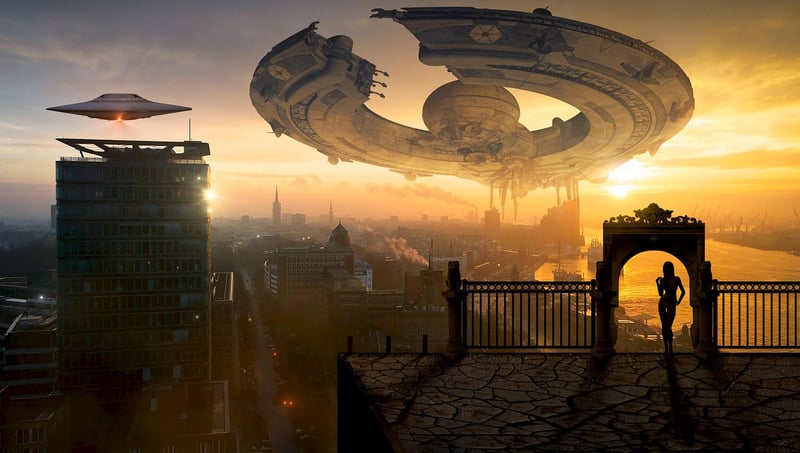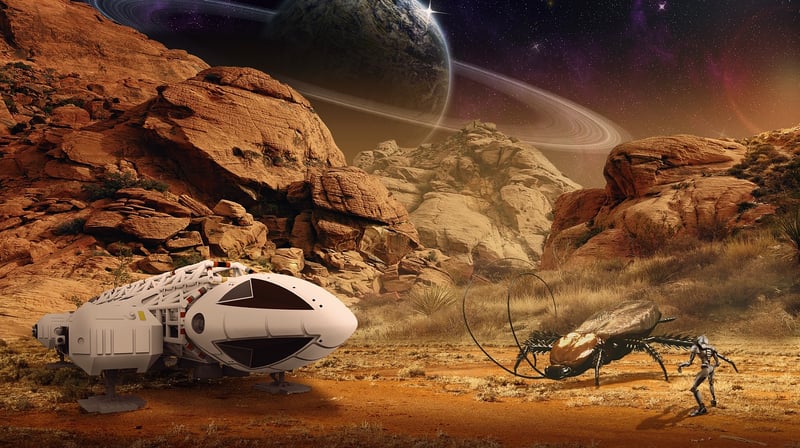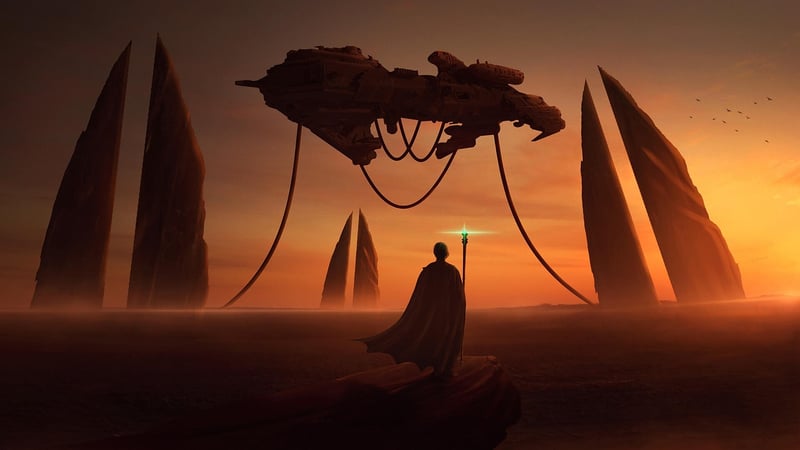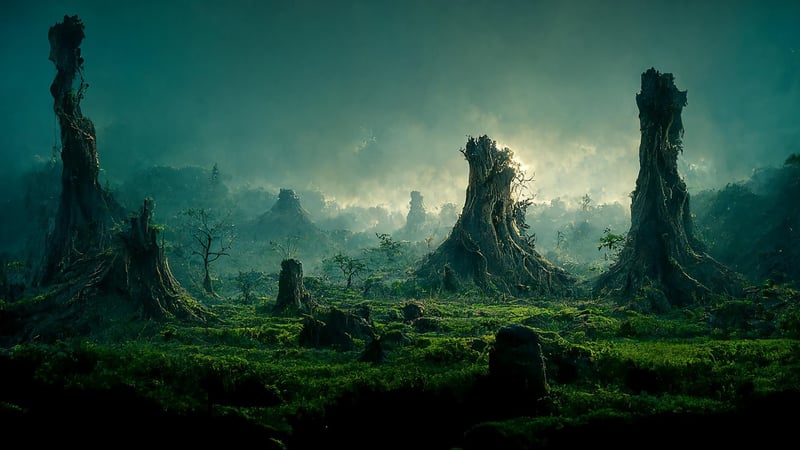Sci-Fi Worlds
Exploring Sci-Fi Worlds Through the Ages
Science fiction has long captured the imagination of readers and viewers, offering glimpses into fantastical worlds and innovative technologies. Let's take a journey through different eras of science fiction to see how these imagined futures have evolved over time.
The Golden Age (1930s-1950s)
The Golden Age of science fiction was marked by iconic works from authors like Isaac Asimov, Arthur C. Clarke, and Robert A. Heinlein. This era laid the foundation for many common sci-fi tropes such as space exploration, robots, and alien encounters.

The New Wave (1960s-1970s)
In the New Wave era, writers like Philip K. Dick and Ursula K. Le Guin introduced more complex characters and social themes into science fiction. This period saw a shift towards exploring the human condition within futuristic settings.

Cyberpunk (1980s-1990s)
Cyberpunk emerged as a subgenre focusing on high-tech, low-life societies where cybernetics and virtual reality played prominent roles. Works by authors like William Gibson and movies like Blade Runner epitomize this gritty, tech-centric aesthetic.

Modern Sci-Fi (2000s-Present)
Contemporary science fiction continues to push boundaries with diverse voices and speculative concepts. From exploring artificial intelligence in Ex Machina to examining the consequences of climate change in Snowpiercer, modern sci-fi remains a vibrant and ever-evolving genre.

Whether you're a long-time fan of science fiction or just dipping your toes into the genre, each era offers a unique perspective on the future possibilities that await us. So, grab a book, queue up a movie, and immerse yourself in the endlessly creative worlds of sci-fi!
